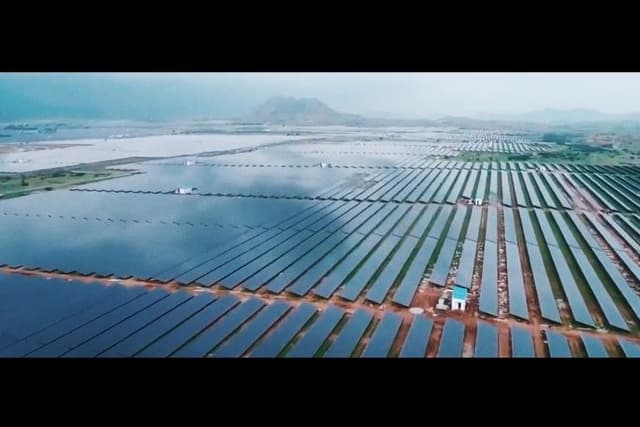
2040 - Solutions to Climate Change
Lesson2 of 6 in this unit
SecondaryYear 9 - 10ScienceEnvironmentalClimate ChangeEconomicDesign ThinkingIndustry, Innovation and InfrastructureSystems Thinking
Summary
Lesson Guides and Printables
Lesson Plan

Student Worksheet

Teacher Content Info
